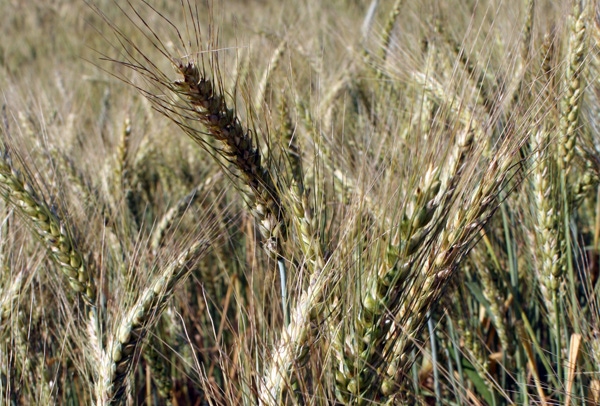June 8, 2015

This time of year as wheat harvest is getting ready to start, I get calls on what is the custom rate for combining wheat. In Tennessee, we have a few producers who derive a fair amount of their farm income from custom farming, whether it is harvesting, planting or some other aspect of the production system.
We also have probably a larger percentage who perform custom operations as a supplement to their farm. Sometimes, this is done more as a service to friends, family, and others in the community. The first group generally has a set price for their services already established. The second group generally want to cover their cost of the operation plus a small margin. This second group generally does not have a custom rate set and this is the group I am targeting in this article.
There can be quite a bit of variability in custom rates when a producer is just hoping to cover their cost plus receive a small profit margin. That is because the cost of any operation – combining, planting, etc. depends on factors such as cost of the equipment, condition of the equipment, hours the equipment is used, and the efficiency of the operator. I am sure there are other factors but these are the ones that stand out. So it is difficult to give an estimate on costs as each operator is different. From a budget standpoint.
The University of Tennessee Extension Crop Budgets estimate combine cost at $27.69 per acre with a grain cart cost of $4.99 per acre for a total of $32.68 or $33 per acre. A custom rate guide I look at frequency is the University of Kentucky Custom Machinery Rate for 2015 by Dr. Greg Halich. This guide compiles observations from 6 states and adjust them to an average on-farm diesel fuel price of $2.50 per gallon. It lists on the average a combing rate of $28 per acre and a grain cart rate of $5.50 per acre for a total of $33.50 per acre. There is also listed a separate charge $2.65 per acre for yield maps for a total of $36.15 or $36 per acre. Using an average wheat yield of 60 bushels per acre, I would convert the custom rate to 60 cents per bushel for those wanting it on a bushel basis.
Fair charge for custom combining
By examining both the costs and custom rates, we can estimate a range of what should be a fair charge for custom combining. Of course, this will depend on the components of the custom work whether a grain cart is used and yield maps developed. From those numbers, we would derive a range of $33 - $36 per acre. If would be reasonable that a rate of $30 - $40 per acre should cover most operations. Hauling is also a consideration of custom harvest and I like to break that out separate. A short haul of 5-10 miles is generally in an 8-10 cent per bushel range, a haul less than 30 miles is usually 15-18 cents per bushel, and a longer haul over 30 miles is 30 – 35 cents per bushel.
One factor that has not been mentioned is the level of volume discounts that we see in custom operations and the travel time to the field. The more acres combined or bushels hauled generally command a discount over stated rates. Also, it is not unreasonable to expect a separate travel cost to get to the field if it is not located close by the custom operator.
Timeliness in getting a crop out as well as getting it planted is an important aspect of a farm operation and is a key to success. Custom harvesting as mentioned in this article and custom planting as discussed in an earlier article can be useful tools to assist producers in their timeliness.
The wheat crop in Tennessee although behind the 5 year average in maturity will soon be harvested. Producers will furiously work to get the wheat out so for the most part, double crop soybeans can be planted. This could be coming at a time when some producers are replanting crops or are planting for the first time in some areas. With the amount of moisture that we have received in Tennessee, weed control will also be at a priority. So as the month of June gets rolling, producers will be extremely busy multi-tasking in their operation.
You May Also Like




